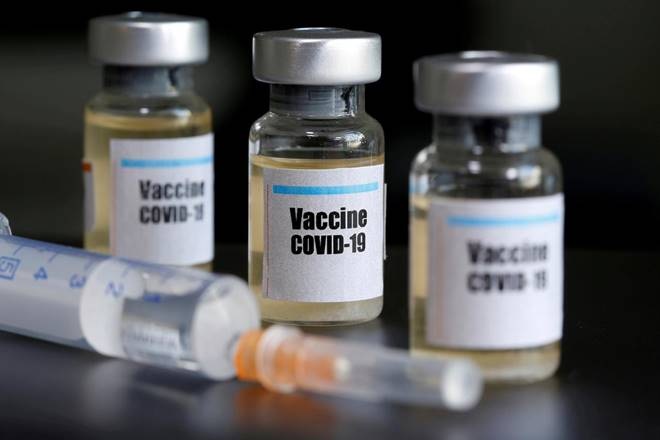The COVID-19 has struck us like nothing before in the past couple of decades, and there’s still no sign of a Coronavirus antibiotic. It has spread throughout the whole world, and each and every country is battling this microscopic enemy.
Development of the Coronavirus antibiotic
Over the past few months, scientists have been working hard on developing a coronavirus antibiotic. One of the vaccine formulas appears to have provided protection against the disease COVID-19 in six rhesus macaque monkeys.
This news gives hope for the vaccine, which is now undergoing human clinical trials.
However, there is no guarantee that this result will translate to people.
Anyhow, a group of monkeys was exposed to the SARS-CoV-2 virus. The six animals that were vaccinated had less of the virus in their lungs and airways.
The trial took place in the US, involving researchers from the US government’s National Institutes of Health (NIH) and from the University of Oxford.
Rhesus macaques have similar immune systems to humans.
In addition, the coronavirus vaccine appeared to protect the animals against developing pneumonia.
Promisingly, the animals also did not develop “immune-enhanced disease”. Fergus Walsh, a BBC medical correspondent, described it as a “theoretical risk”. That is when the vaccine triggers a worse response to a disease.
Furthermore, this response was seen in some early animal vaccine trials against SARS – another coronavirus – and proved a stumbling block in developing a vaccine for that disease.
Human trials
Even though the study has not yet been reviewed by other scientists and formally published, Prof Stephen Evans at the London School of Hygiene and Tropical Medicine said it was encouraging and of high-quality.
Meanwhile, trials in the UK on more than 1,000 human volunteers are currently taking place through the University of Oxford.
There are more than 100 experimental coronavirus vaccines currently being developed.
Dr Penny Ward, a visiting professor in pharmaceutical medicine at King’s College London, said it was “helpful” to see that the coronavirus vaccine did not cause a worse disease response in these monkeys.
Namely, the coronavirus vaccine is based on a small part of the virus’s distinctive “spike”. The idea is that by getting the body to recognize a unique part of the virus, when it is exposed to the whole thing it will know how to react, and produce the right antibodies to defend itself.
That did seem to be happening to the vaccinated macaques, which produced antibodies capable of fighting the virus.
